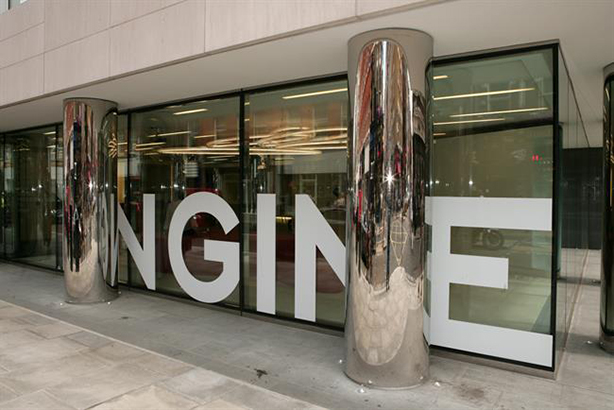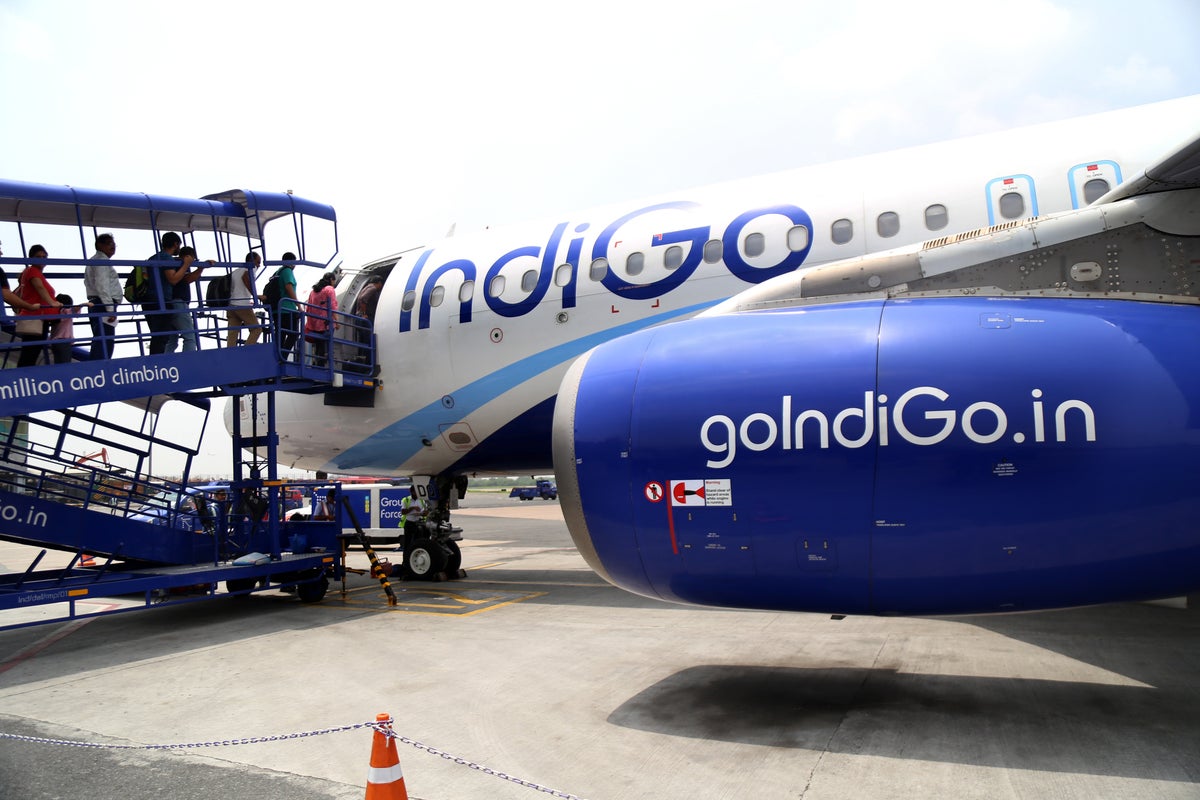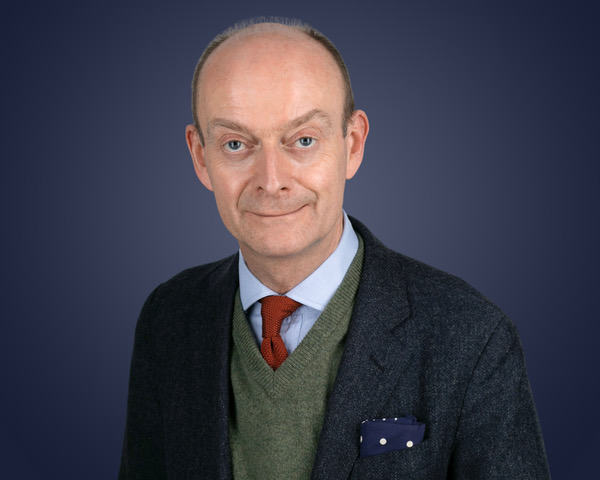Elon Musk’s Push for Free Speech Shows Clear Bias Towards His Own Interests
Musk is seemingly making calls on where to push back based on his own interests.

Elon Musk is always talking about freedom of speech, how he believes that anyone should be able to say whatever they want, and how X (formerly Twitter) will allow its users to post whatever they like, free from government censorship.
Indeed, Musk has repeatedly criticized former Twitter management for, in his view, ceding to various government demands. Yet, under Elon, the platform has abided by every government request, just with more complaining about how it isn’t fair, and how it doesn’t actually want to do so.
But it has either way, though at the same time, Elon has made a bigger fuss about certain requests than others.
Why is that? Well, we don’t know, but you can make up your own mind as to what the driving factors may be, with this list of government requests made to X, and X’s response on each case.
Turkey
Turkish authorities have made the most requests for censorship actions on X, with Turkish officials looking to quash dissent, particularly around local elections.
In May last year, X restricted access to posts, at the behest of the Turkish government, which drew criticism from free speech activists who saw this as straight up censorship of government criticism ahead of the federal poll.
Musk defended the action, saying that:
“The choice is have Twitter throttled in its entirety or limit access to some tweets.”
X has since shared more information about the specifics of Turkish government censorship requests, with which it has complied in every case.
India
India authorities have been the second most active in demanding content restrictions on X, beginning with the removal of a BBC documentary that was critical of Indian Prime Minister Narendra Modi in early 2023.
The documentary specifically focused on the 2002 Gujarat riots, and questioned Modi's leadership during the unrest. As a result, and amid concerns that the claims could fuel anti-government sentiment, the Modi Government requested that X remove around 50 posts that linked to the video of the documentary.
X complied, with Elon noting at the time that:
“The rules in India for what can appear on social media are quite strict, and we can't go beyond the laws of the country.”
In February this year, X also complied with Indian Government requests to censor posts that criticized the Government’s attempts to quell farmers protests, which had threatened to flow into New Delhi. X did publicly question the demand, but again, it did adhere to the request, with all of the Indian Government’s actions designed to stifle public dissent.
Germany
Under Musk, X has been significantly more willing to provide user info to German authorities investigating violations of the nation’s hate speech laws.
Germany has legal regulations that criminalize Holocaust denial, incitement of hatred towards minorities and the defamation and slander of elected officials.
Twitter had pushed back against a number of these requests, arguing legal specifics in certain cases, but X has been far more willing to cooperate with German authorities on the same.
Brazil
This month, X made a public stand against a censorship demand from the Brazilian Government, which relates to a years-long investigation into political misinformation in the app.
The request stems from a long-running probe into “digital militias” which had initially been accused of spreading defamatory fake reports about Brazil’s Supreme Court justices. The amplification of these reports had sparked protests, and even led to threats being made to the justices in question. The investigation then expanded to include the incitement of protests over former President Jair Bolsonaro’s election loss in 2022, which, much like the January 6th riots in the U.S., led to Bolsonaro’s supporters storming government buildings, including the Supreme Court, in an attempt to overturn the result.
The end result of this investigation was a request to X to remove 150 profiles in the app which investigators had found to be driving these actions.
X protested the demand, claiming that it was beyond the bounds of Brazilian law, but a week later, amid mounting fines, and the threat of a full ban of the app in the region, it complied with the request.
Elon Musk has continued to criticize Brazilian authorities for their demands.
Pakistan
Last week, the Pakistani Government officially announced a ban of X on the region, after restricting the app since local elections were held in February.
Pakistan’s interior ministry says that X has been banned “in the interest of upholding national security, maintaining public order, and preserving the integrity of our nation.”
The crux of the issue relates to the use of X by supporters of former Pakistani Prime Minister Imran Khan, who claim that he was ousted unjustly in 2022, and that this year’s poll was rigged.
Local officials claim to have asked X to remove profiles and posts related to this element, which it believes could prompt unrest, and that X’s unwillingness to comply with the request has led to the ban.
X claims that it’s unaware of any such requests.
Australia
Following the stabbing of a church leader in Sydney last week, Australia’s eSafety Commission requested that X remove posts that could risk further inflaming tensions in the wake of the attack.
Video of the incident was widely shared on social platforms, which authorities claim escalated angst and unrest among the local Assyrian Christian community. X initially worked with the Commission to limit the distribution of the footage, but the Commission has since expanded its takedown requests to related posts, which it believes could also inflame tensions.
X claims that the Commission’s extended request goes too far, and has vowed to challenge it in court. Of particular concern is that the Commission’s calling for the content to be removed for all users worldwide, not just Australians, which X has specifically objected to.
--
On balance, the majority of the requests relate to quelling unrest, in varying forms. Which could be viewed as government overreach in some instances, and could relate to public safety in others, and really, a lot comes down to personal judgment on what counts as a valid request, and what is a step too far.
Which is the biggest concern, that Musk is now using his position as the head of X to enable certain political influence activities to go ahead, as he sees fit, while pushing back against others, dependent on his personal leaning.
For example, X has offered little resistance to requests from Indian authorities, where his other business, Tesla, is working to establish new distribution agreements. X has bowed to requests from Turkey, where Musk has a relationship with Turkish Prime Minister Erdogan, and has discussed opportunities for both Tesla and Starlink in the region.
German requests to X have been approved at a much higher rate than previously. Tesla’s key European factory is in Berlin.
X sought to take a stand against Brazil, where Tesla has limited exposure, while Musk was also an ally of ousted Brazilian president Jair Bolsonaro, with whom he’d established a deal to make Starlink a key internet provider in the region. Since then, however, Starlink connections have been found to be facilitating illegal mining operations in the Amazon, a key focus of enforcement for the current administration. That’s brought an expanded Starlink deal into question.
X is fighting back in Australia, which is also not a critical market for Musk’s other businesses, while he’s also criticized the Australian Government’s response to COVID, and has pushed back against other requests by the Australian eSafety watchdog related to the rise in hate speech in the app.
The trend forming is that Musk and X are looking to take on governments that he ideologically opposes, yet are more open to working with those he agrees with.
Also worth noting: China is a critical partner for Tesla, both in terms of production and sales.
In my opinion, TikTok should not be banned in the USA, even though such a ban may benefit the ???? platform.
Doing so would be contrary to freedom of speech and expression. It is not what America stands for.
Which is entirely not what the proposed bill is about, as it relates to potential influence operations being facilitated by a Chinese-owned app, as assessed by cyber security experts. Based on Elon's approach, Russian and Chinese state media should also be freely allowed to broadcast in the U.S., even if what they share is untrue, and seeks to sway American voters.
Essentially, Musk is a massively compromised entity, with such significant bias that he should not be in charge of making policy rulings on any social platform.
You could argue, of course (as many have), that Twitter was biased towards left leaning policies for years, and that he’s merely re-balancing the slate. But that’s not even the case. Elon is biased towards Elon, and whatever benefits him and his interests.
In this sense, Elon is using X as a form of political influence all of his own. Elon can’t run for President (because he wasn’t born in the U.S.), so he’s carving his own political niche, in order to shift opinions towards outcomes that benefit him, via the app.
That is an extremely dangerous situation, and one that seems unsustainable in the long term.

 FrankLin
FrankLin 































